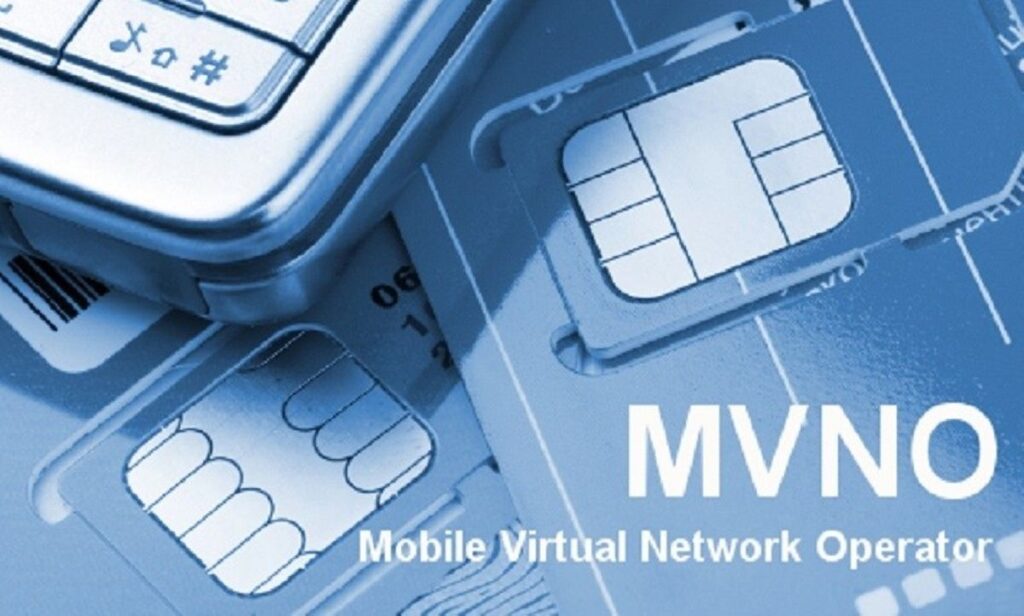The initial promise that Mobile Virtual Network Operators would revolutionise Nigeria’s telecommunications sector by injecting increased competition and offering specialised and niche services has failed to materialise, leaving the vast majority of the companies struggling to gain the smallest foothold in a market already saturated by dominant players.
A mobile virtual network operator (MVNO) is a wireless communications services provider that does not own the wireless network infrastructure over which it provides services to its customers, rather, it enters into a business agreement with a mobile network operator (MNO) such as MTN, Airtel, Glo, and T2 to obtain bulk access to network services at wholesale rates, then sets retail prices independently.
An MVNO may use its own customer service, billing support systems, marketing, and sales personnel, or it could employ the services of a mobile virtual network enabler.
Industry analysts, observing the stagnant progress, collectively attribute this disappointing performance to the formidable and interconnected combination of challenges that have systematically stifled their growth from the outset, crippling a market that initially generated over N8.6 billion in licensing fees.
A primary and perhaps most daunting obstacle is the intense, unrelenting competition and overwhelming market dominance wielded by the major network operators, the giants, MTN, Airtel, Globacom, and 9mobile.
These established behemoths not only control the essential physical infrastructure but have also successfully captured and retained the vast majority of Nigeria’s subscriber base, creating a market environment where consumer habits are deeply entrenched, making it exceedingly difficult for unknown MVNO brands to persuade customers to switch away from the familiar services they have used for years. Furthermore, the fundamental business model of an MVNO inherently creates a significant financial strain from which it is difficult to recover.
These virtual operators do not own their own network towers or spectrum; instead, they must lease network capacity from the very same major operators against whom they are trying to compete. This arrangement naturally results in extremely thin profit margins for the MVNOs from the very beginning.
This precarious financial position makes it profoundly challenging for them to compete on price, which remains a critical and often deciding factor for a significant portion of the cost-conscious Nigerian consumer market. Without the ability to offer substantially cheaper tariffs than the big four, the core value proposition of the MVNOs is significantly weakened, leaving them with little to attract the masses.
This financial strain is dangerously compounded by the exceptionally high cost of customer acquisition and aggressive marketing required to build brand recognition entirely from scratch in a noisy and crowded marketplace.
Consequently, many MVNOs find themselves trapped in a vicious cycle: they cannot achieve the necessary scale of subscribers to become profitable without heavy marketing, but they cannot afford the necessary marketing without already being profitable.
The situation is further influenced and complicated by a challenging regulatory landscape, where ongoing issues such as the final cost of spectrum and the often unfavourable commercial terms of engagement with the host MNOs continue to create a difficult and unpredictable operating environment.















